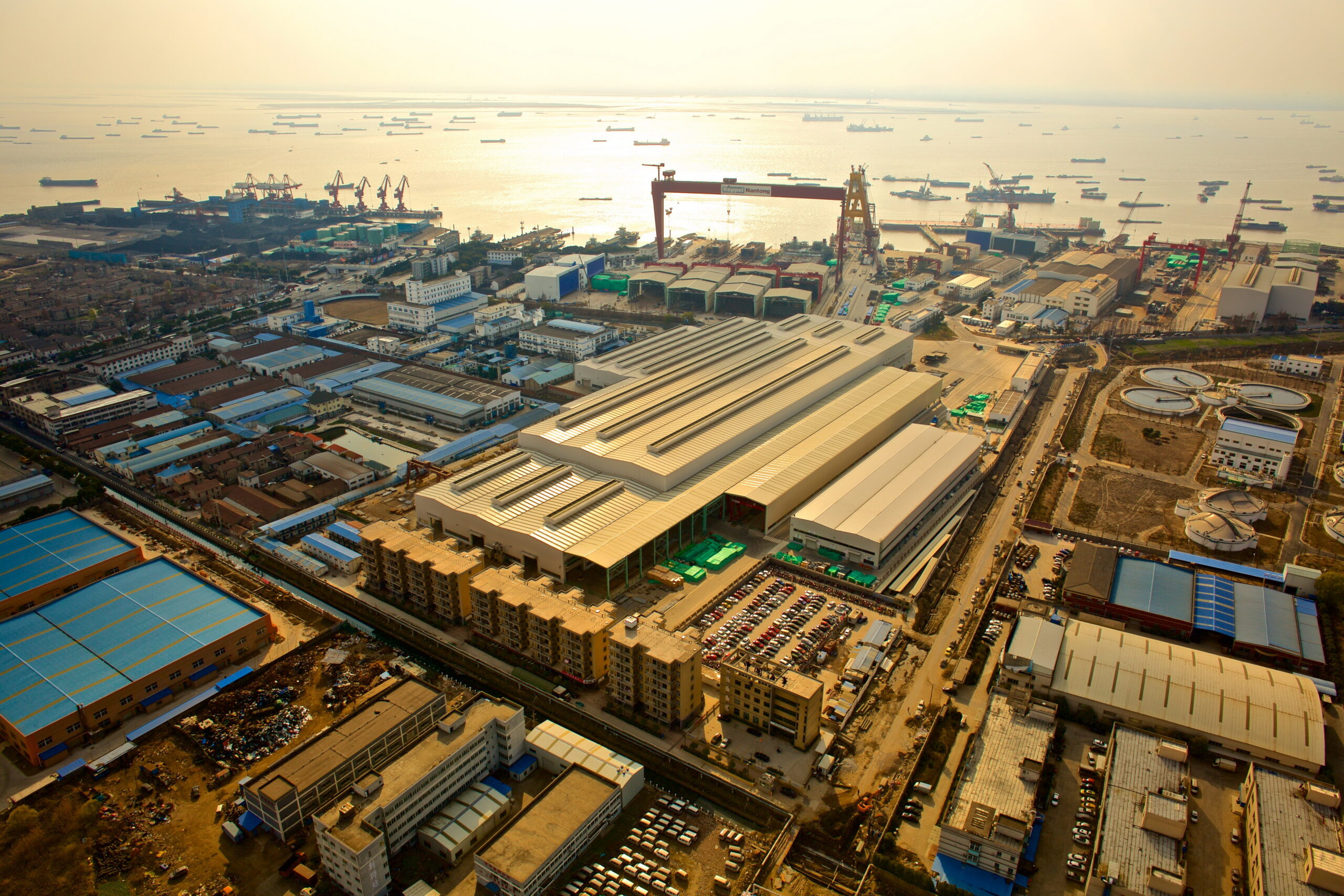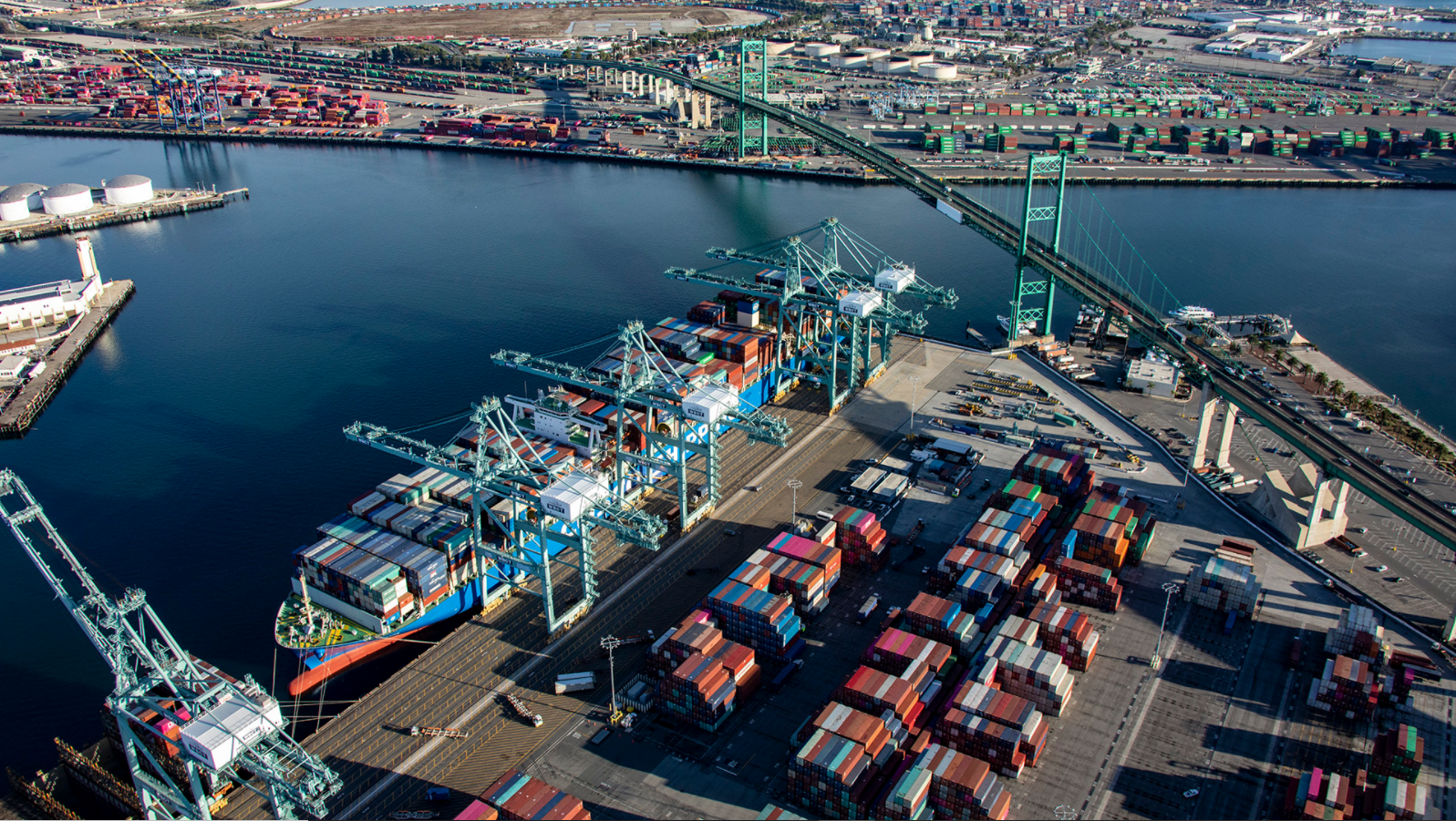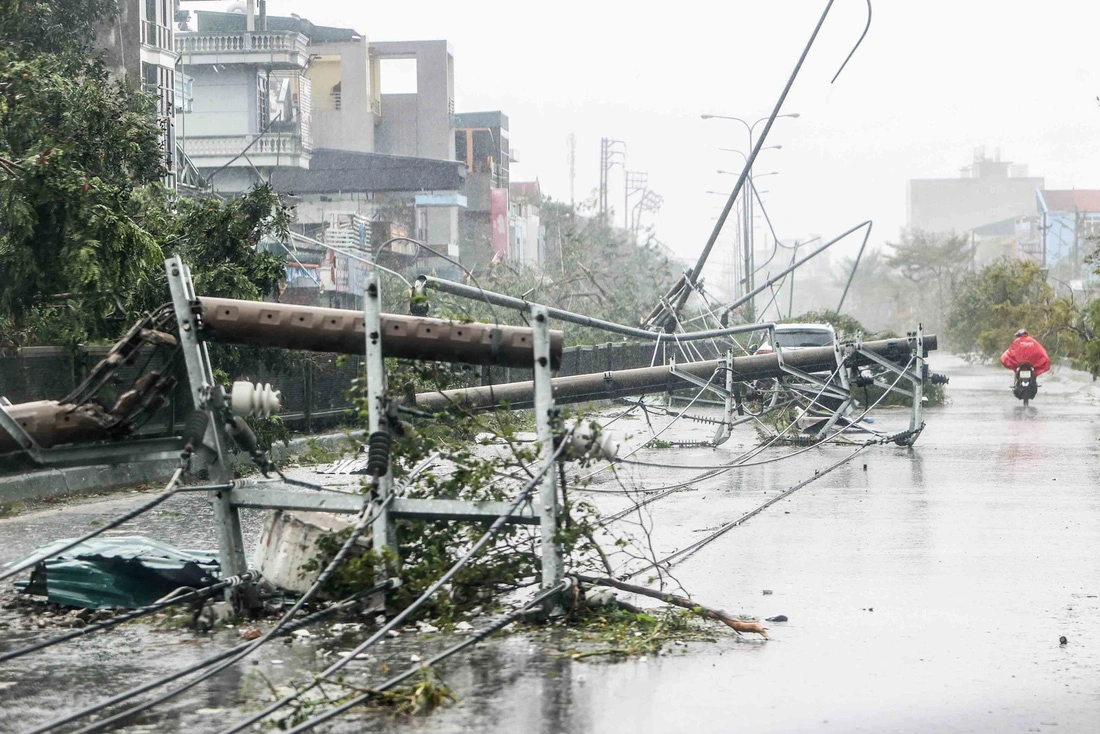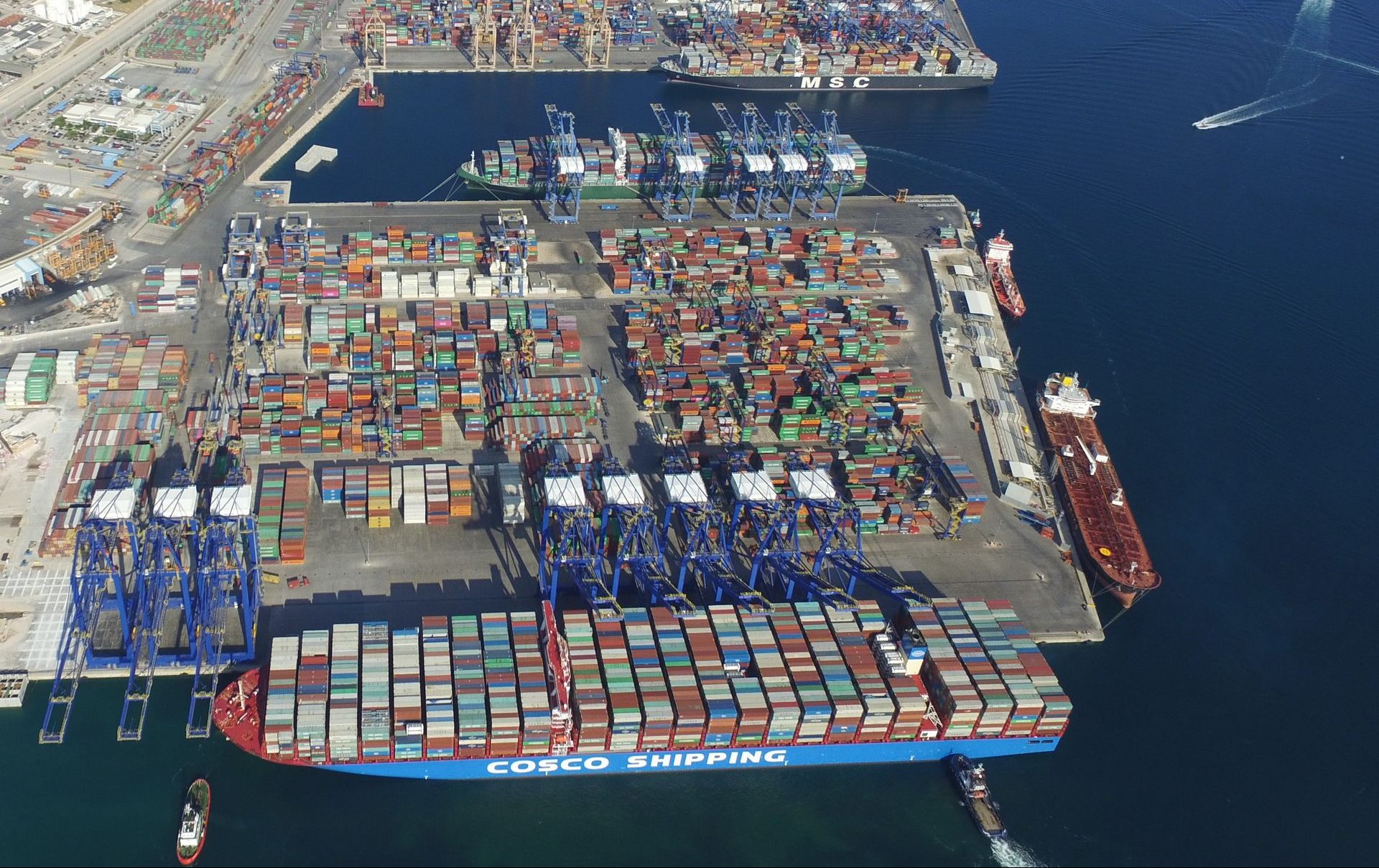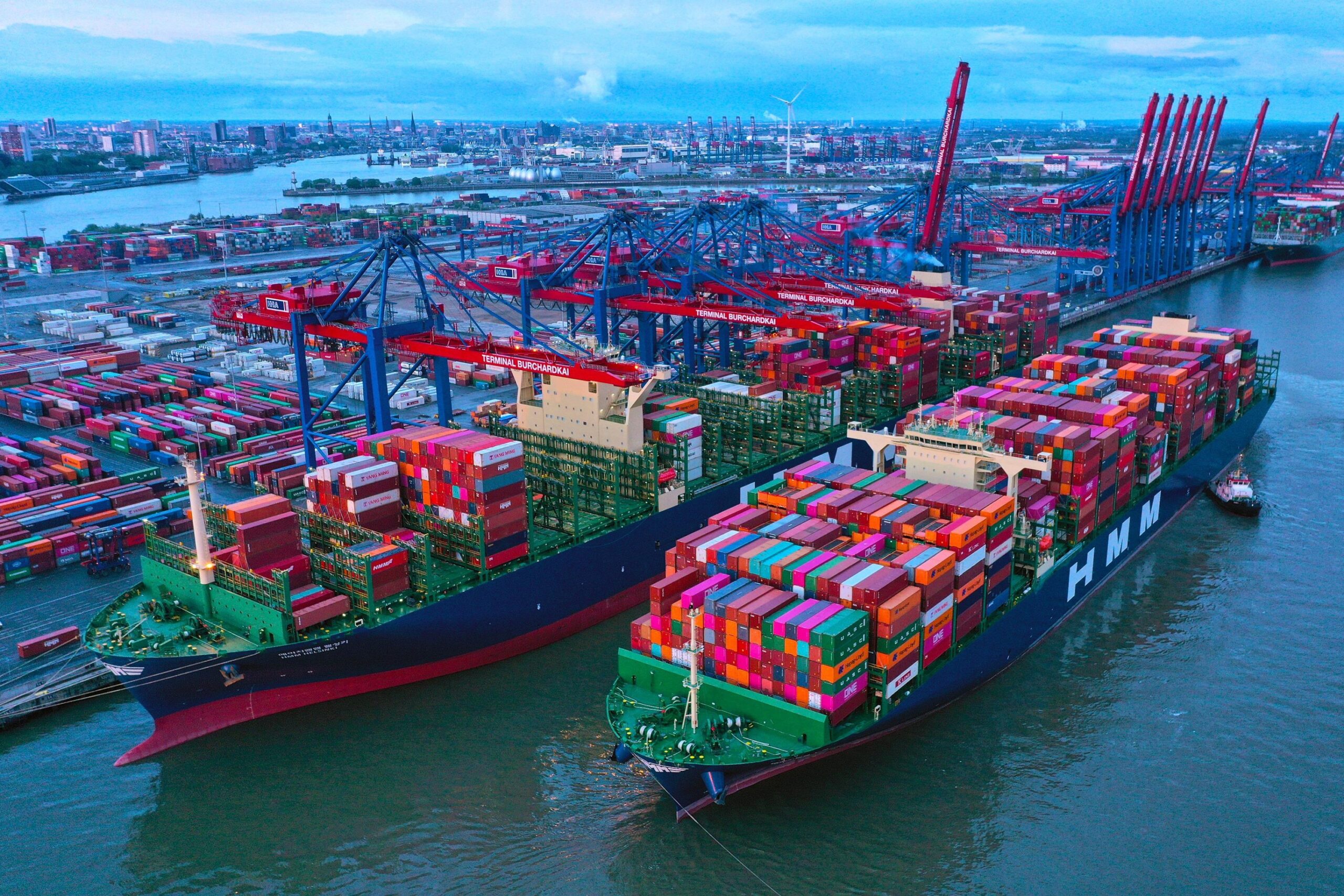The lead time for ordering newbuildings has become so long that container carriers are being forced into ordering “now” so that they can remain competitive into the future, according to one senior industry executive.
According to the industry source, yard space is being utilised by large orders for LNG gas carriers, which can take up to twice the amount of time in drydock as conventional vessels.
“Drydocks are the bottlenecks for shipyards, with most ships taking 50-60 days in the drydock phase before moving to the fitting out berth, but LNG carriers can use up to 100 days in the drydock phase,” said the executive.
Ships ordered today would not be delivered until 2029, which puts vessel operators in a catch-22 situation. They must order vessels or fall behind their competitors, but they must also decide which fuel to use. This is the dilemma facing shipowners, who must decide today what their strategy will be in five years’ time.
A senior executive of a major classification company said: “Many slots are being allocated to gas carriers, in a major order by Qatar, and these ships take twice as long in drydock than other ships.”
According to the source, even the opening of new yards will not relieve the pressure on shipyards because they do not have sufficient skilled labour to fill the positions.
“In Korea there are 6,000 vacancies for welders,” said the source. “And they are paying welders a lot more money now, not because they are making so much money, but because they must keep the staff. Some yards are even holding on to staff qualifications so that they cannot leave.”
Speaking off the record, the executive said that while conventional vessels spend around 50-60 days in drydock, the time scale for the construction of Q-Max and other LNG carriers fitted with complex containment systems is double the time for other vessels, which effectively halves the capacity for a drydock, for the period of gas carrier construction, effectively reducing yard capacity and adding to yard congestion and newbuilding backlogs.
Without wanting to name an operator, the source said that some liner operators had decided to aim for lower carbon fuels rather than operate on ‘transitional’ fuels such as LNG. However, they have had to change their strategy or risk falling behind their major competitors.
Early last month, Maersk announced it was putting its fleet renewal programme of 50-60 ships of 800,000 TEUs.
Maersk said, “The exact split of propulsion technologies will be determined considering the future regulatory framework and green fuels supply. Maersk has commenced the work of securing offtake agreements for liquified bio-methane (bio-LNG) to ensure that the new dual-fuel gas vessels provide greenhouse gas emissions reductions in this decade.”
The Danish ocean carrier had originally said it would prefer to move direct to low or zero carbon fuels, and had ruled out ordering LNG, dual fuel vessels.
A Maersk spokesman said that the company’s position remained the same, that LNG was not the answer to the decarbonisation issue.
“Our overall position on LNG has not changed: LNG is a fossil fuel; LNG is methane, which is a very potent greenhouse gas, particularly short-term. Fossil LNG can only contribute with modest (10-15%) GHG savings on a lifecycle basis when used as marine fuel in the engine types with the lowest methane slip, but it is not a solution to the problem. While we can consider LNG as an alternative to fossil bunker fuel, it is not an alternative to any green fuel,” commented the spokesman.
Nevertheless, Maersk also acknowledged that LNG is a “potent greenhouse gas”, but added: “We see promising developments for availability of liquified bio-methane (also known as bio-LNG), though its full scaling abilities are yet to be seen. By diversifying our fleet of dual-fuel vessels, we gain technical and commercial knowledge and experience across multiple future fuel pathways, and we strengthen the toolkit that will lead us towards our near-term 2030 SBTi-validate targets.”
Source: Container News

